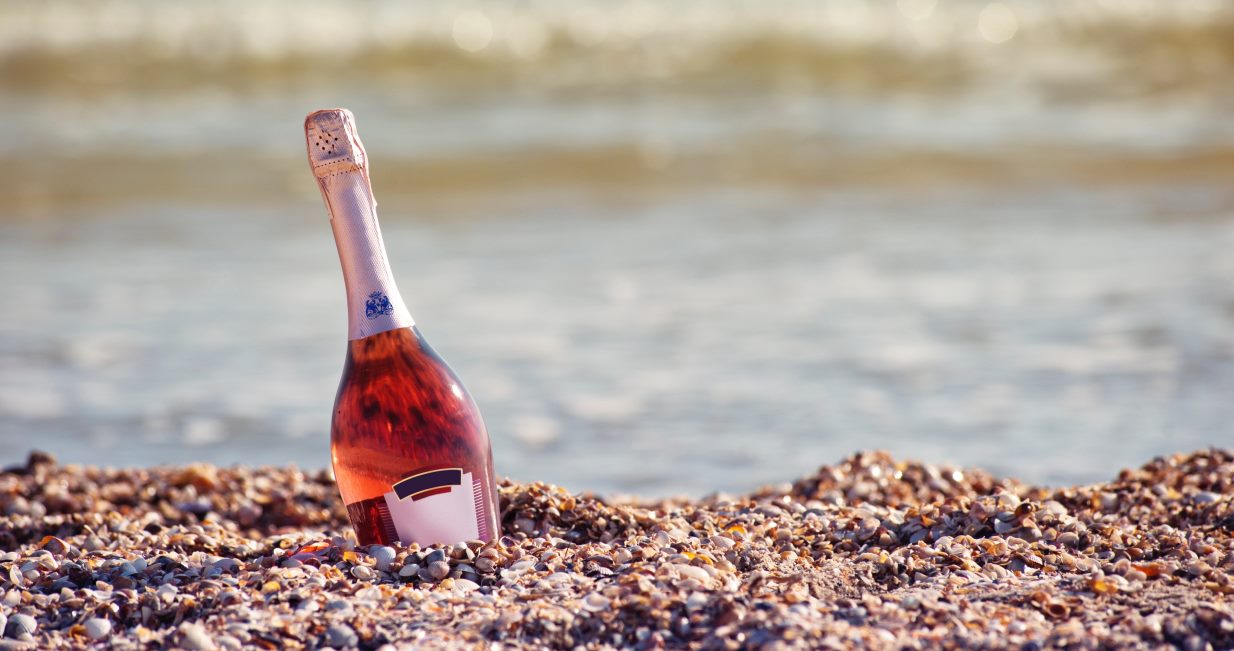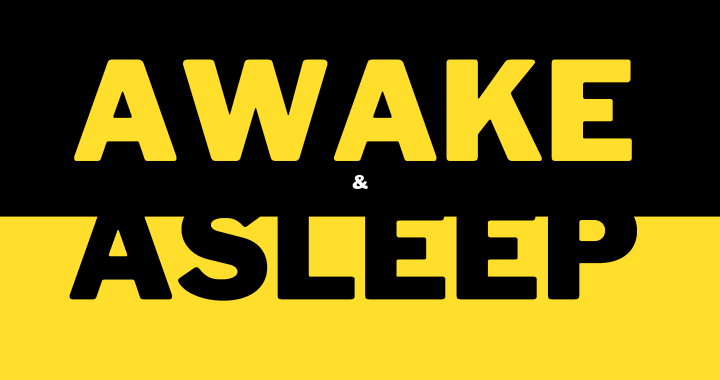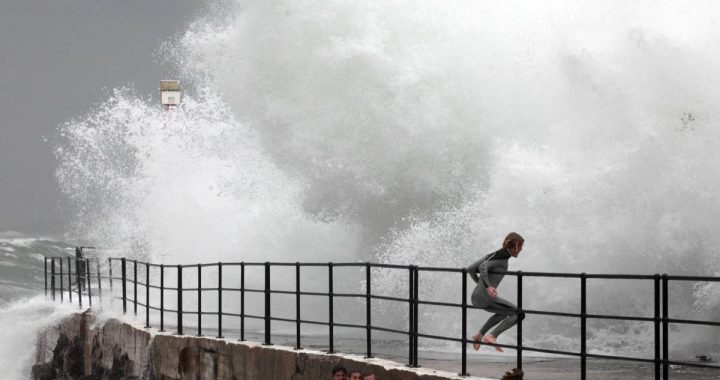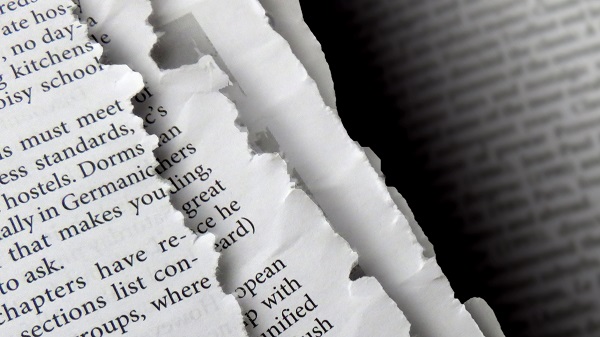It is as hot as last Sunday. The air smells like sand and seafoam. There she is.
The same waitress works today. She wears an apron, but who cares. Ilya is distracted. He can’t look straight at the woman he is meant to join. He sees her table has an empty seat. He just takes the seat. She is taken aback by his boldness, and thus leaves it to him to say the first word. He doesn’t know this, his boldness ending when he took the seat. They sit there, glancing at one another in an unspoken, No you go, no you go, looking away, and looking back, letting the smell of sand and seafoam dance around them in the air.
Striped sundress. Sleeveless. Long. With cream-colored tulips. She has on the same oversized sunglasses with the yellow tinted lenses from the week before. She almost makes this place, Brighton Beach, look like LA. Ilya has pictured her all week in just this way; odd, because usually he has terrible memory, and must make up for it with his wild imagination, which never fails to raise expectations. But in this case, from his first impression of her last week to his impression of her now, there is a match.
“I hope you like mimosas,” she says. “I ordered us a carafe.”
“What’s your name?” he asks.
She seems so calm. Barely moving in her seat. While Ilya dares not fidget, though he feels he got in his seat wrong. He looks away before repeating: “What do they call you?”
“You tell me first, what’s your name?”
“They call me Ilya,” he says.
“Илья,” she says. “Так ты русский тогда?”
“Нет и да, я же сказал,” replies Ilya, flustered, dousing his own enthusiasm with words that sound foreign to him, switching to a more comfortable accent. “Ya americanietz.”
She hums. “Но ты говоришь по-русски?”
“I don’t speak Russian,” Ilya says, as if there were an ice cube in his throat that won’t go down. “Please don’t flatter me.”
The mimosas arrive. The froth from the orange juice as it is poured reminds Ilya of the foam of a beached jellyfish. Not sure why he has made this connection, he begins to tap the table with his fingers, before pulling out his pocket notebook.
“What are you writing?” she asks, resisting the urge to peek inside his notebook.
“Nothing,” he says.
She starts to read the crossed out words: “Orange… itchy…”
Ilya shuts his notebook. Glares back at her. But softens. “Poisoned man-of-war / bubbles of a wish ignored / on its mouth no more…”
Julia snaps her fingers in praise. Ilya blushes, puts his hands on his lap.
“You’re trembling,” she says.
“You’re really pretty,” he says.
“Don’t you want to know my name anymore?”
“I’m tired of asking,” says Ilya. He goes back to writing.
“Then you’ll never find out,” she says, pouring him more mimosa.
The ink in Ilya’s pen runs out. She hands him a pen from her large bag. Printed on the side of hers is the insignia of a local news station.
“Is this where you work?” asks Ilya.
“You really don’t know?”
They drink and drink. Ilya wonders why the hell he’s having a bad time. He looks around at the folks on rollerblades, the bicycle riders, the cops and the children. The sun beats down. He sees her seeing him. She will later apologize “for staring,” which will amaze Ilya, because he thought he was the one staring. But she won’t, not yet. She observes him without expectation, without guessing his age, without assuming why they speak in English. More than curious, she becomes fascinated, but seems to want to probe deeper, can’t put the pieces together. The flame is fanned. They drink. She asks him to fill in the blanks. But he won’t, not yet.
“Могу спросить, сколько тебя лет?”
“Hm.”
“Почему мы не говорим по-русски?”
“Почему? Потому что.”
Stalemate.
Ilya feels sweat stain his armpits. He wishes he could say more. He wishes he could understand her immediately, but she seems to be more interested in talking about him. She doesn’t look like anyone else he has ever met, and yet, not knowing her so well, she seems like all the women he has ever met put together. She unfolds her arms and places her hands neatly on the bottom rim of her glass.
“Julia,” she says, “or Юля. But I prefer Julia, even Julieta. Less sing-song.”
“I like sing-song.”
Julia’s foot almost brushes Ilya’s knee, as she swings it under the table. Ilya trembles. He came here, didn’t he? And he’s the one falling apart. Her green eyes crush him. Her golden shoulders mesmerize him. Ilya, O Ilya. A very real force overcomes Ilya. He wants to embrace this sing-song Julia across the table, he wants to hold her in his arms, to press her, but he just sits there hearing the clamor of his own mind. Candy bar hair, eyebrows cacao. Lower. White chocolate neck, and white chocolate bust. Lower. He tries not to look, but the way the dress opens at her bosom. Lower. He wonders if they are filled with chocolate milk, those white chocolate breasts.
“Илья,” she shoots him, hand over her mouth. “Пожалуйста!”
He turns red, shaking, wondering whether he should sprint away now, or when she’s done laughing and talking.
She begins to tell him something, but he doesn’t hear her anymore. He wants out.
“I was saying thank you,” she says.
“For what? This is a mess…”
Julia tilts her head, and with that gesture has Ilya listen.
“For bringing back my phone last week.”
Ilya feels her hand on his, above the table.
The thought, I’ve known her my whole life, burns in Ilya’s head like a sunburn, untrue as it is. He inhales to relax, like one does when floating in the ocean. Meanwhile Julia apologizes for staring herself, compliments Ilya on his chest hair, and then giggles at how oblivious he was to her staring. She draws her hand back.
“I have to leave soon,” she says, taking her pen, and taking Ilya’s notebook from him so she can write her name and number. Any calmness Ilya had leaves him, as he drops back into a sea of anxiety, worried she’ll read the notebook. But she doesn’t. She finds the next two blank pages. On one side she writes in big letters and big numbers, enough to take up the entire page; while on the other, in smaller letters, in the middle, she writes something else, a two-word poem. “I expect you to text me,” Julia says. “And I expect it soon.” She closes the notebook.
Ilya snatches his notebook, and opens it.
“This,” he says. “This poem is… really good.”
Мы
We
She smiles after reciting it outloud. “Do text me soon, Илья.”
“I can’t,” says Ilya. “Julia, I’m sorry, but I threw my phone into the ocean…”
It is getting late, Julia is in a hurry, but there is time. She grabs hold of his arm and leads him to one of the phone repair stores a few blocks up from the beach, just before it closes. She pecks the grubby store owner on both cheeks and in a casual Russian asks for a favor. The owner grumbles, flirts with Julia, and eventually hands her a new phone—not the latest model, but not a first gen either.
Julia passes the phone to Ilya, who has been standing there next to her like a plant.
“Do you like it?” she asks.
“This is too much,” he says. “I can’t accept this.”
Julia pushes the phone back to him. “Now you have no excuse. Text me this week.”
As they step out, Ilya pulls up the call keys and plays with the various tones on various numbers, like he used to do when he was a little kid on the house phone.
“You like it, don’t you?” she asks, watching him play.
“I do,” he says. “Same one I had before.”
The sky turns vermillion on one side and magenta on the other. The two part ways—but not before they walk for a minute under the train tracks, over the main boulevard of Brighton Beach, heavy car traffic this time of day, people eating hot dogs, and dogs being walked, one lapping a puddle of strawberry ice cream that slips through a crack in the sidewalk.
Julia watches Ilya as he squats next to the pup and pets its head. Julia watches Ilya as he scratches the pup’s belly in such a way that it can continue lapping the melted strawberry ice cream puddle. She watches the dog’s owner, notices how jolly this lady looks to have her pet admired, while also noticing that Ilya hasn’t even looked up at its owner. He is too entranced, whispering doo-doo-da-das to the dachshund, too busy even to notice Julia. Julia tries her hardest to pierce him with her gaze, which usually never fails to get someone’s attention. A button on Ilya’s shirt comes undone, and a metal chain falls out. When Ilya gets up, Julia moves from his chest, to his lips, to ask him: “Why the vial of mercury around your neck?”
“It used to be my dad’s,” he says, putting the vial back inside his shirt, fidgeting to fix the button that came undone.
“Are you two close?” she asks, caught off guard by that familiar but foreign, that tender but English word, dad. She remembers why she has to leave soon. She remembers her baby, and her baby-daddy. Ilya is unaware of how the word has triggered Julia. He speaks honestly, but briefly. I’m sorry to hear, she seems to say, Ilya can tell by the look on her face, although he fails to grasp the full extent of her thoughts at this very moment.
“He used to play with it,” Ilya says, “he and all his friends used to play with mercury, that and lead paint, rusty nails. He smuggled it out of Leningrad, you know, at least that’s the story. Now I keep a little of his past with me, for luck I guess.”
“You believe in luck?” Julia asks, after a pause.
“No, but wouldn’t it be nice.” He leans in to kiss her, but she turns away.
“It would be nice,” she says. “Will I ever see you again?”




